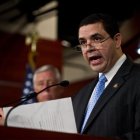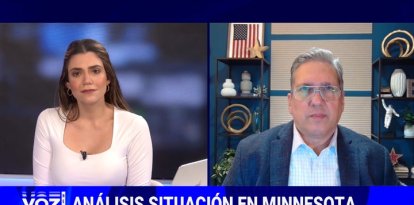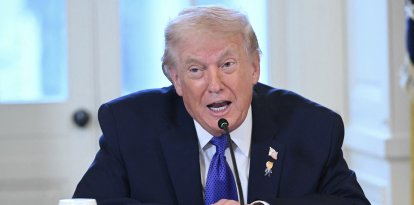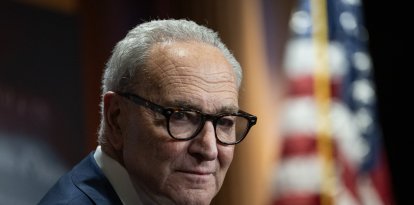Mike Johnson withdraws his proposal to avert government shutdown before vote due to lack of support
The House speaker announced that he is in negotiations with dissenters within his caucus in order to get the necessary support while trying to force Democrats to pass the SAVE Act in the Senate.
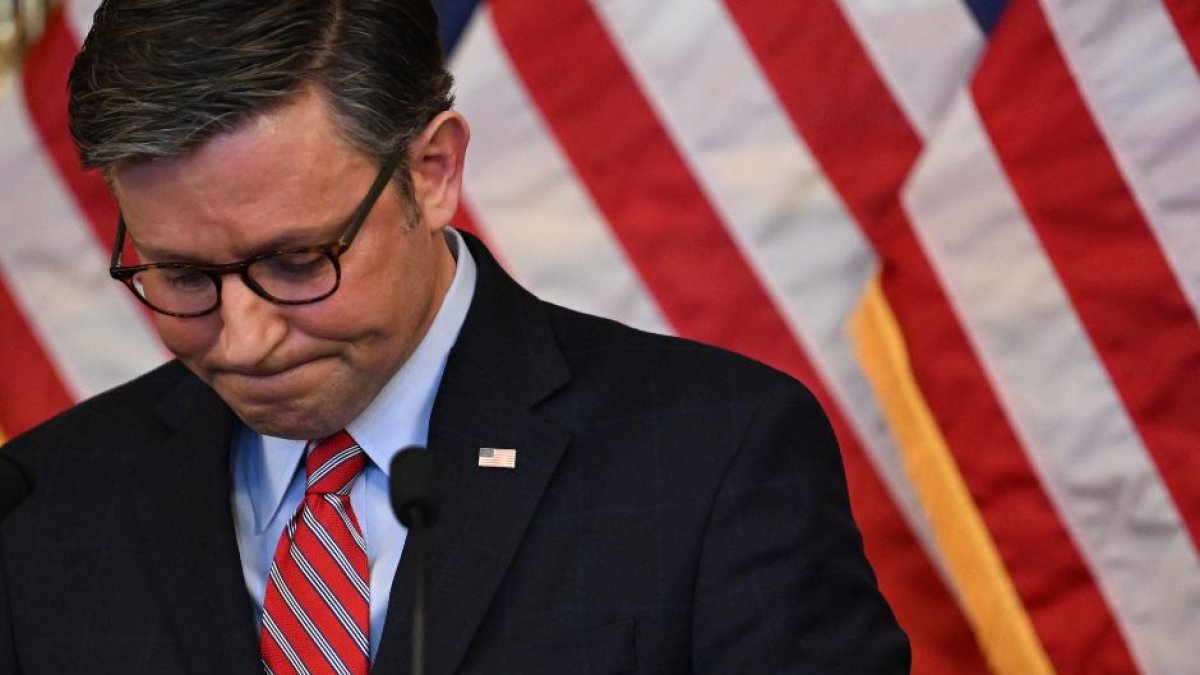
Mike Johnson, crestfallen in a file photo.
Speaker Mike Johnson decided to withdraw his proposal to avoid a government shutdown before the vote was held when he realized that he did not have enough support among members of his own party to push it through. Although at the beginning Johnson and his collaborators were optimistic to convince several tough conservative legislators who refused to second the initiative, eventually the dissatisfaction extended even to some of the moderates.
Johnson proposed to his fellow caucus members to join a continuing resolution that would guarantee the funding needed to avoid the shutdown with the SAVE Act - which has Trump's backing - aimed at making voter identification mandatory so as to prevent voting by those ineligible, such as illegal immigrants. With this move, he also intended to get Democratic senators to give in and pass the SAVE Act to avoid a government shutdown.
Non-stop negotiations over the weekend
Finally, and after seeing that rejection of the plan was growing, he decided not to submit it and begin negotiations with his party colleagues to move it forward: "No vote today, because we’re in the consensus-building business here in Congress with small majorities. The majority whip (Tom Emmer) is going to do the hard work and build consensus. We’re going to work through the weekend on that."
It won't be an easy negotiation, as the conservative backlash comes from different streams and for different reasons. On the one hand, members of the Freedom Caucus and several of the toughest representatives with fiscal control announced their rejection of any kind of fix that would mean more spending. On the other hand, several of the Republican lawmakers concerned about the country's defense expressed their reluctance to a proposal that does not contemplate increasing Pentagon funding and fear the consequences that this could bring.
Finally, several more moderate Republican congressmen expressed their concern about allowing a government shutdown so close to the November elections, but considered that, as long as the approval of an initiative to avoid it is linked to the SAVE Act, any initiative will reach the Senate dead. A position that the Democratic Majority Leader in the Upper House, Chuck Schumer, corroborated by indicating that he has no intention of bringing the SAVE Act up for a vote, while from the White House it was indicated that president Biden planned to veto it should it go forward.





